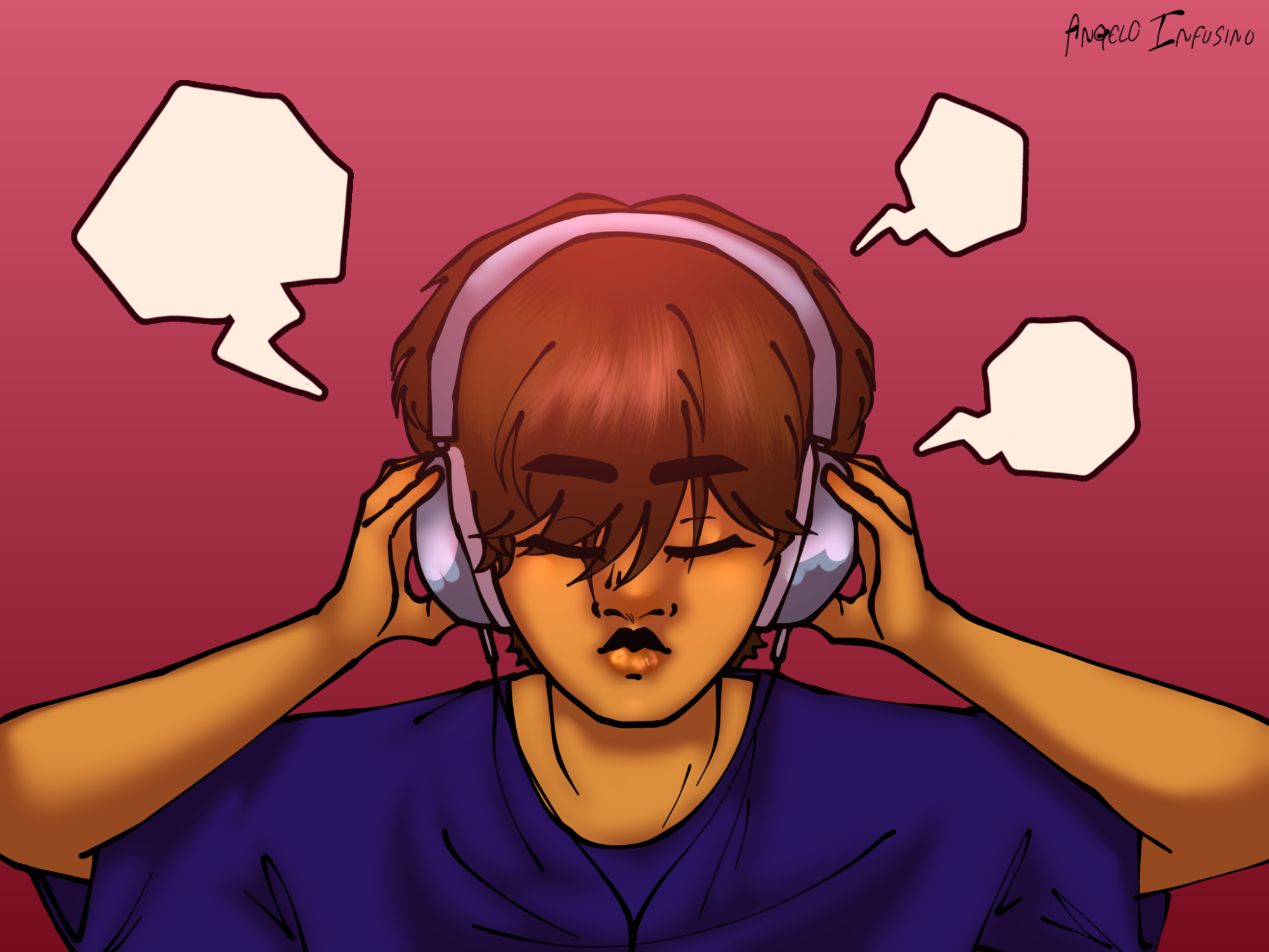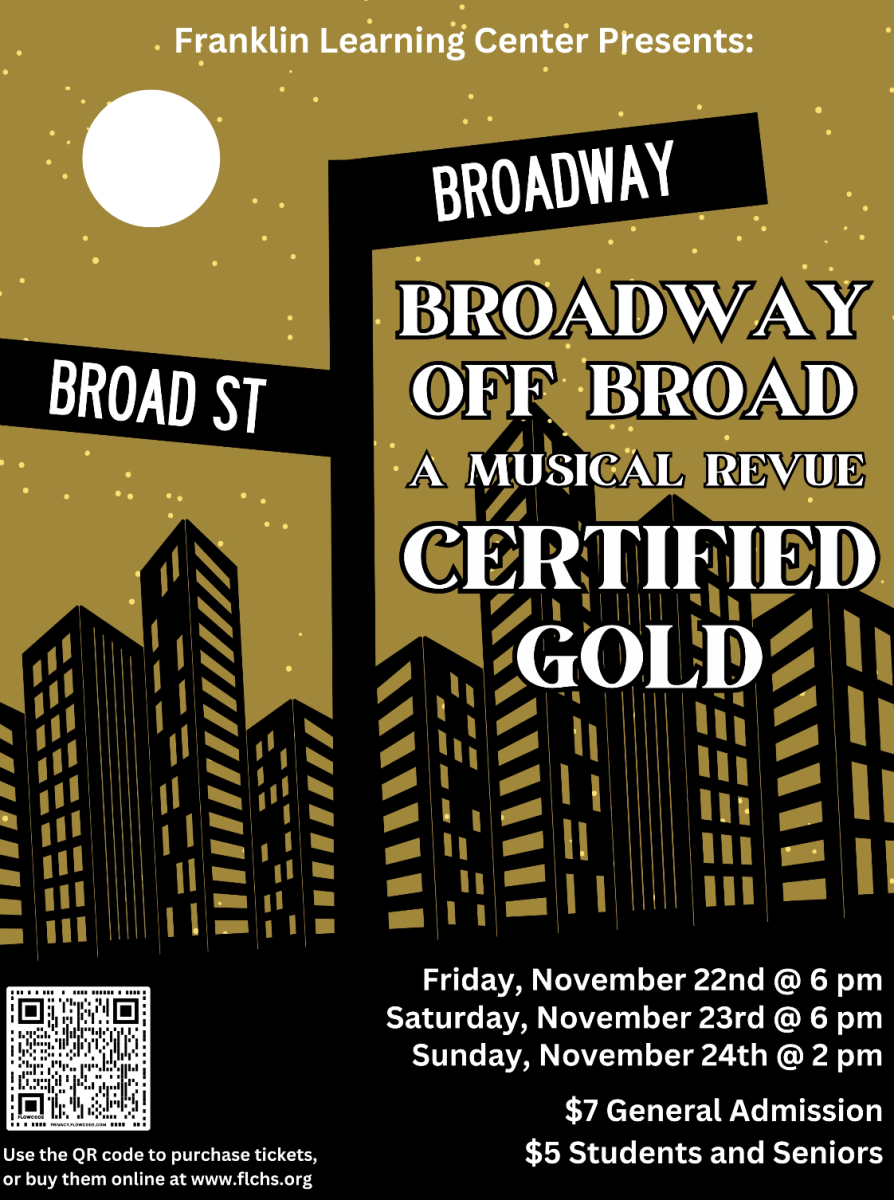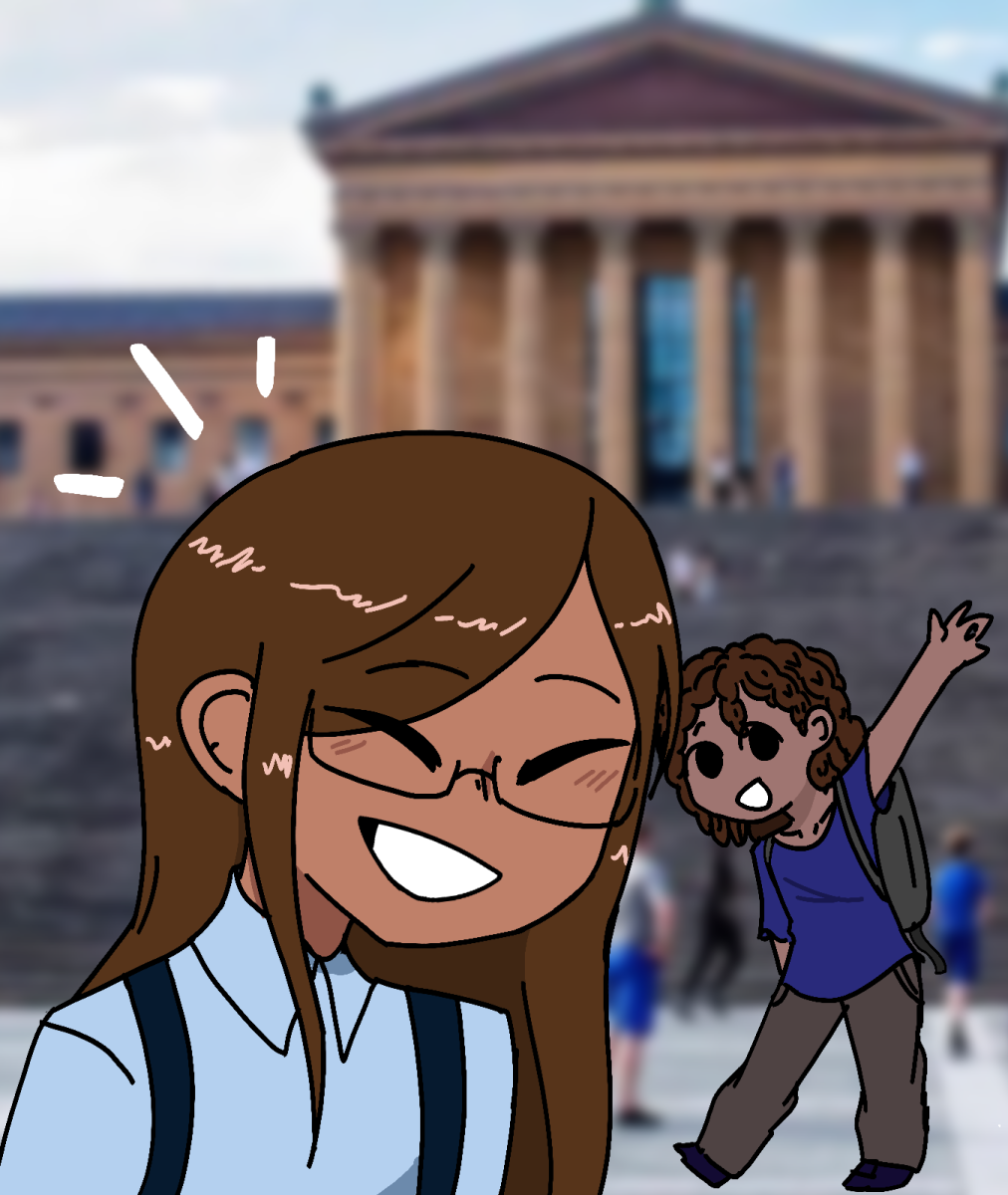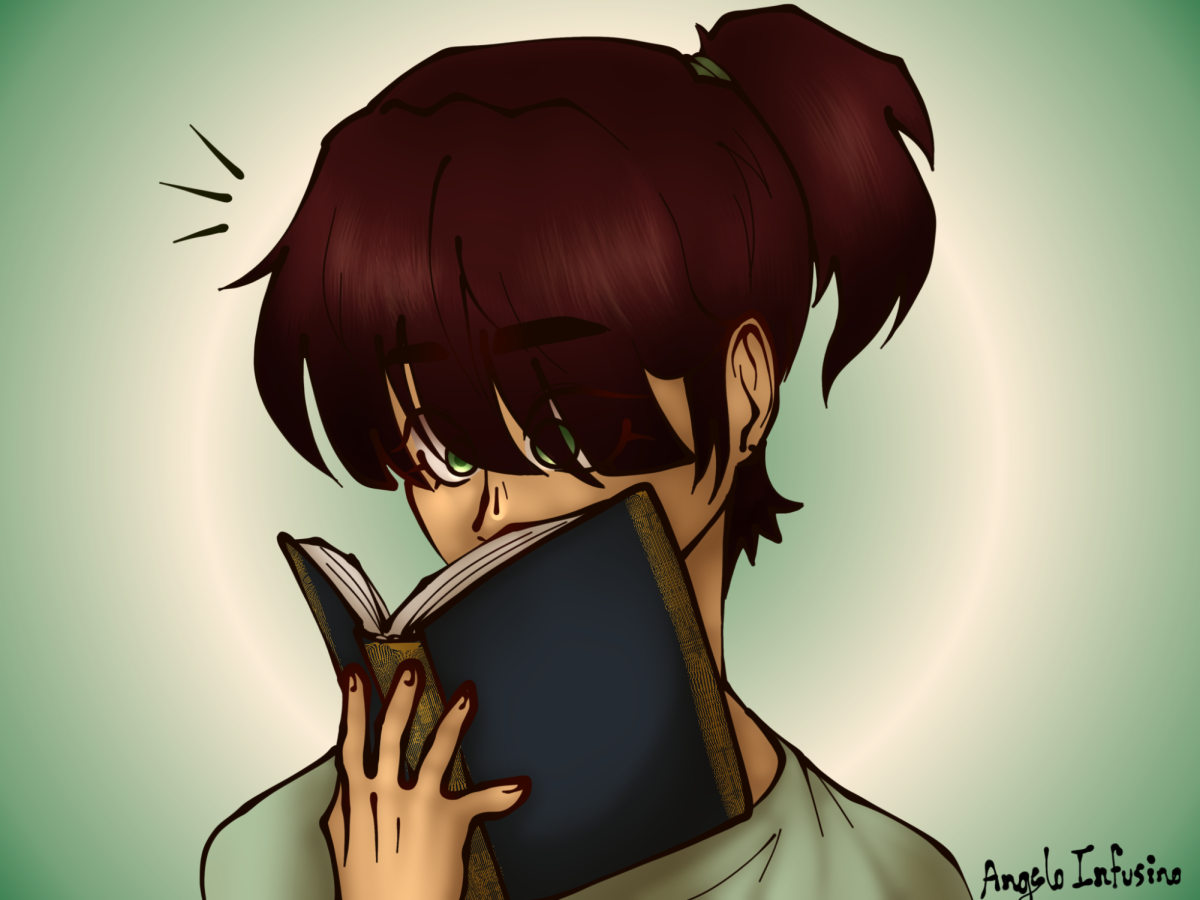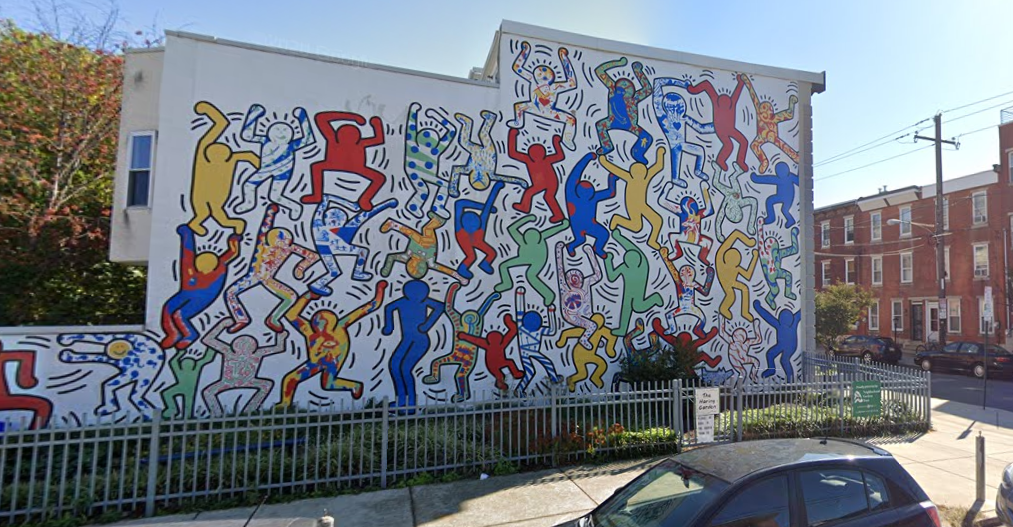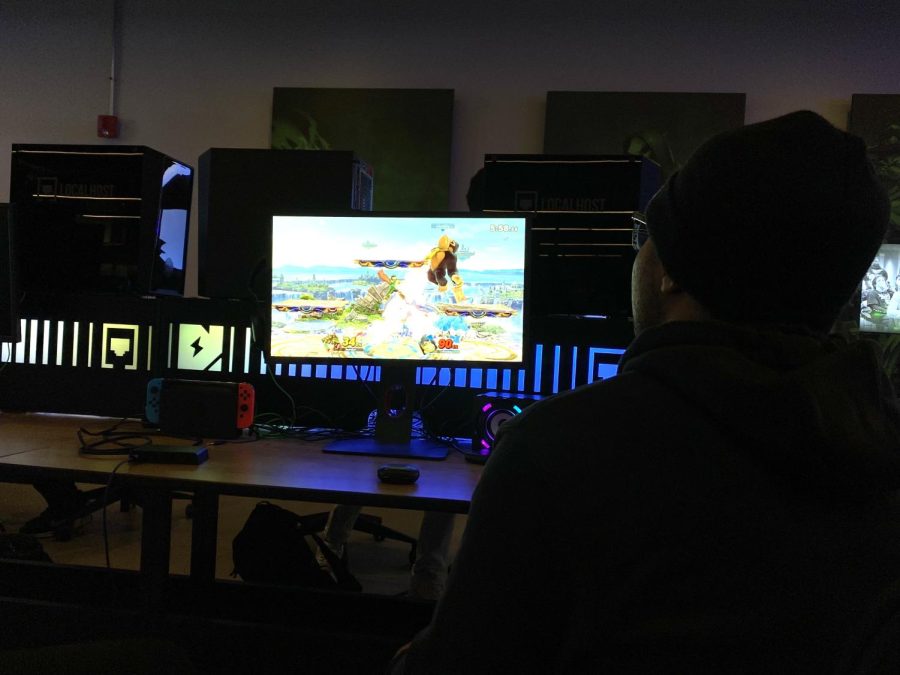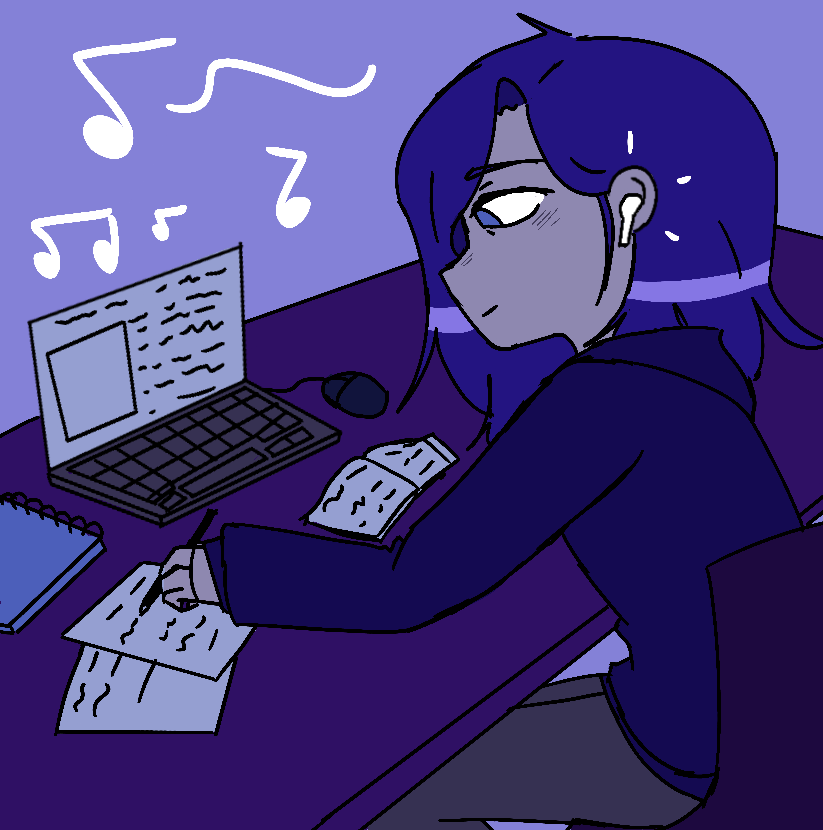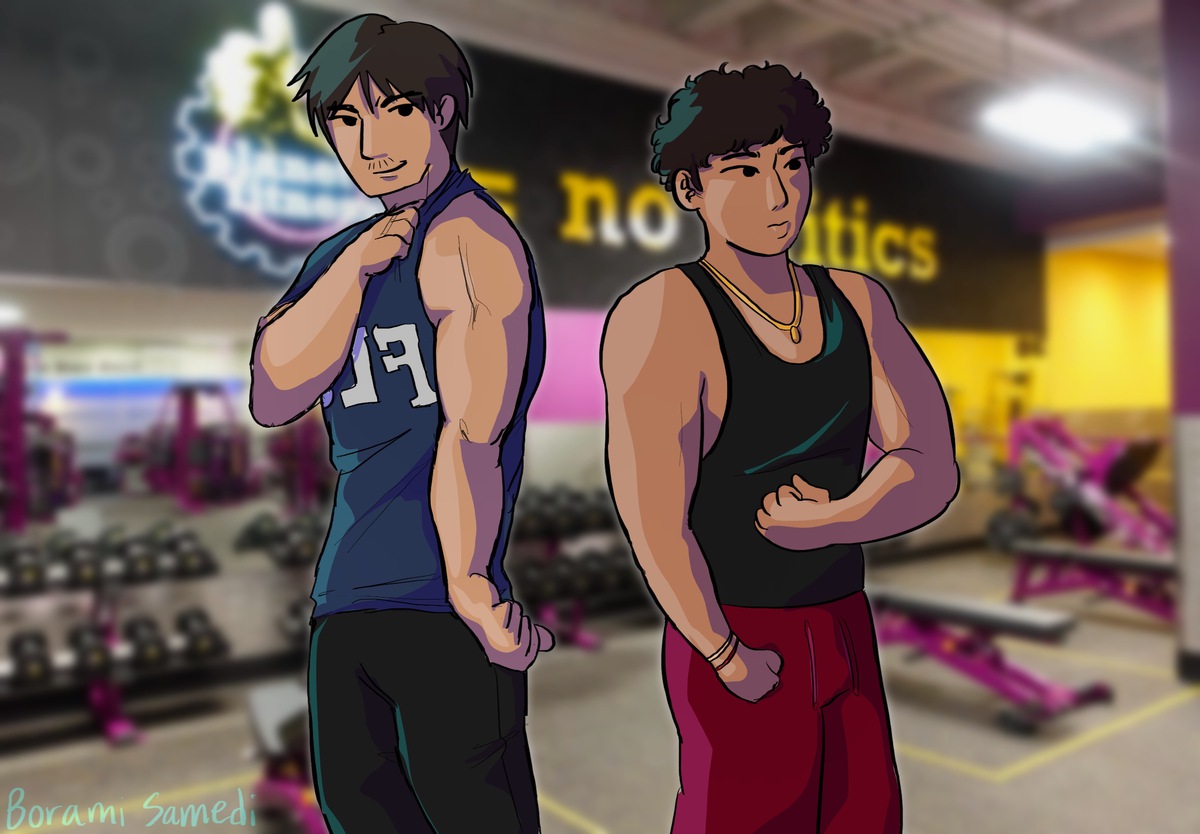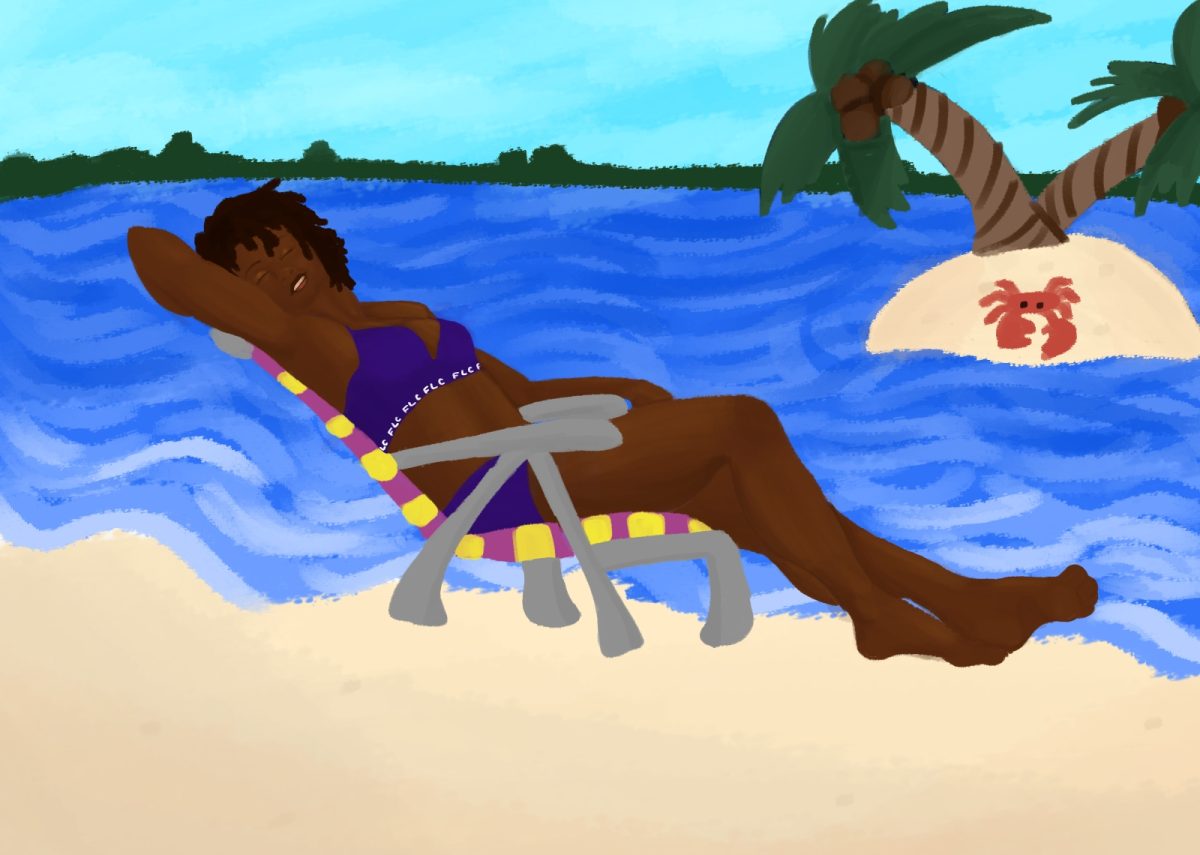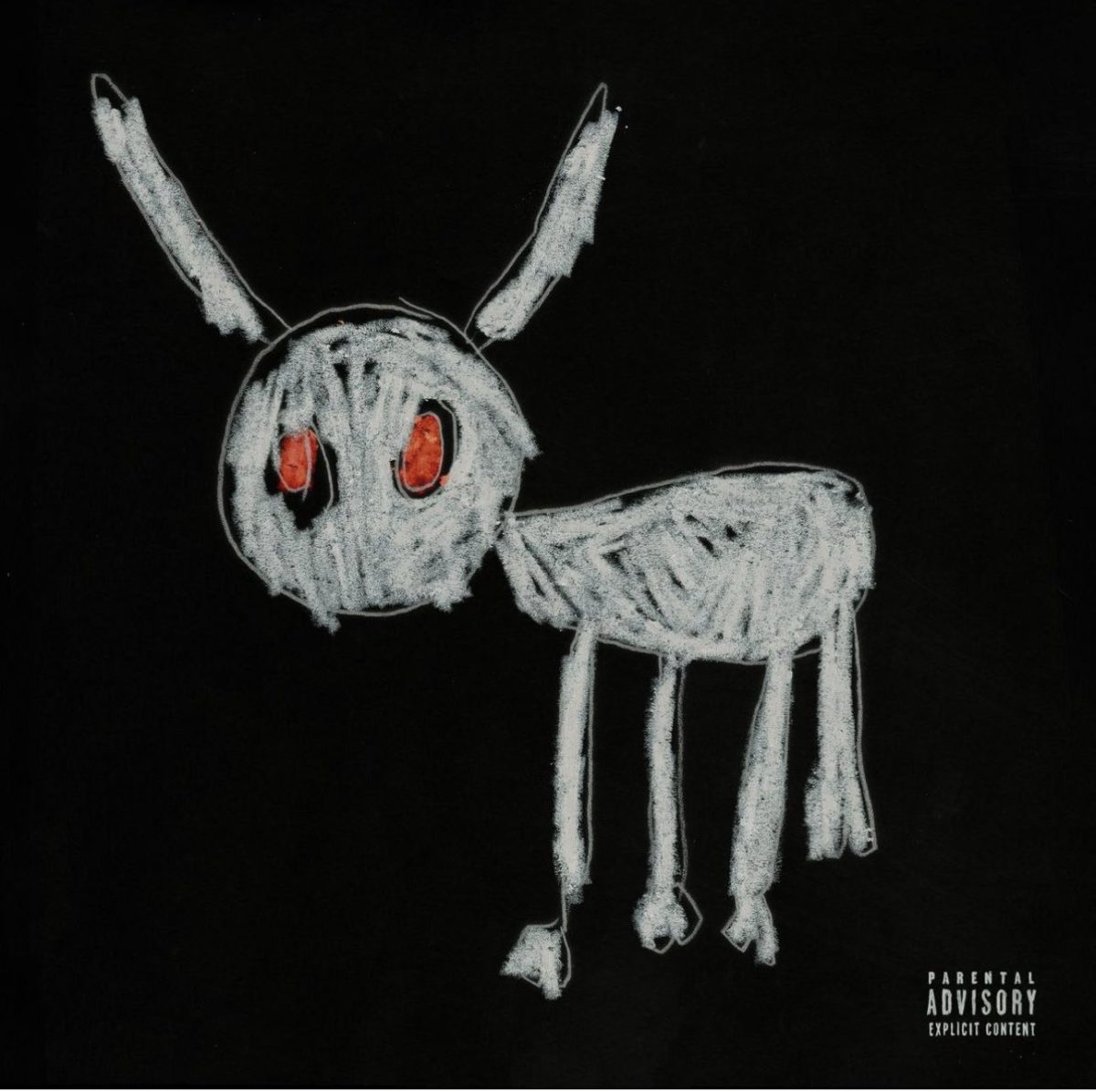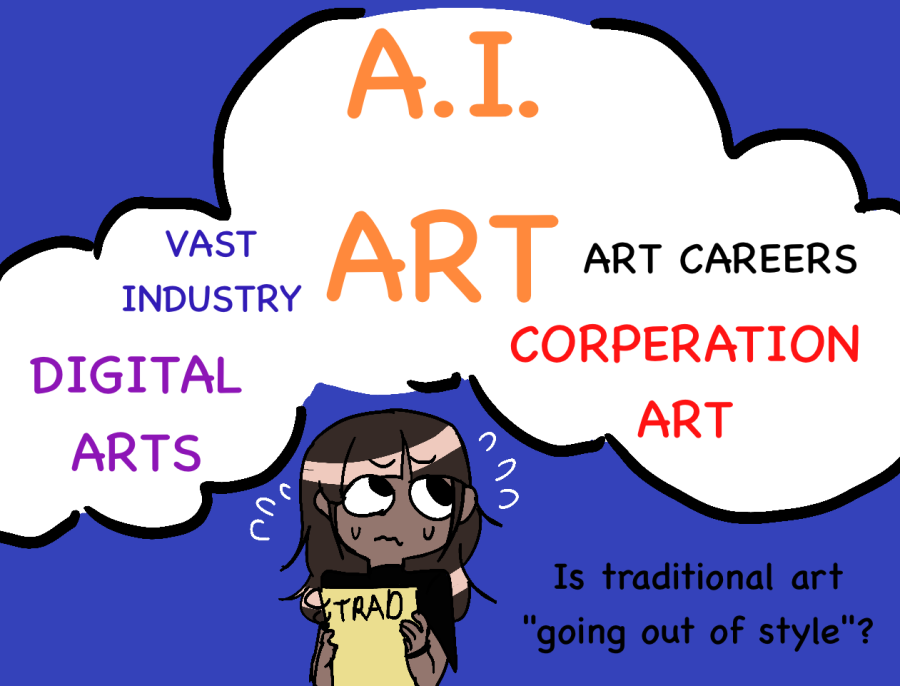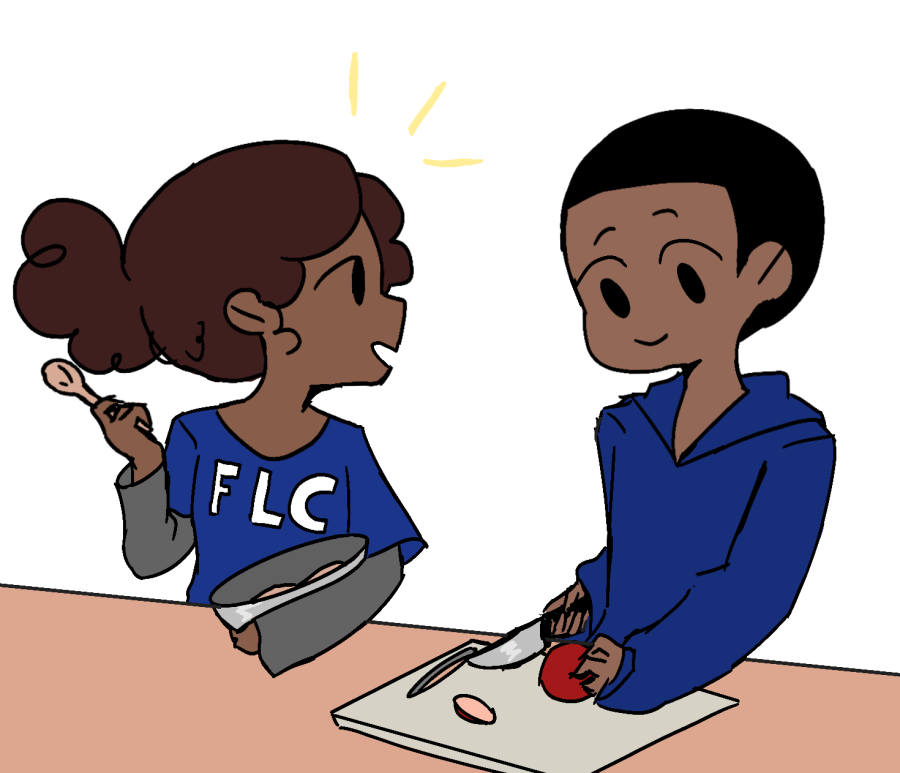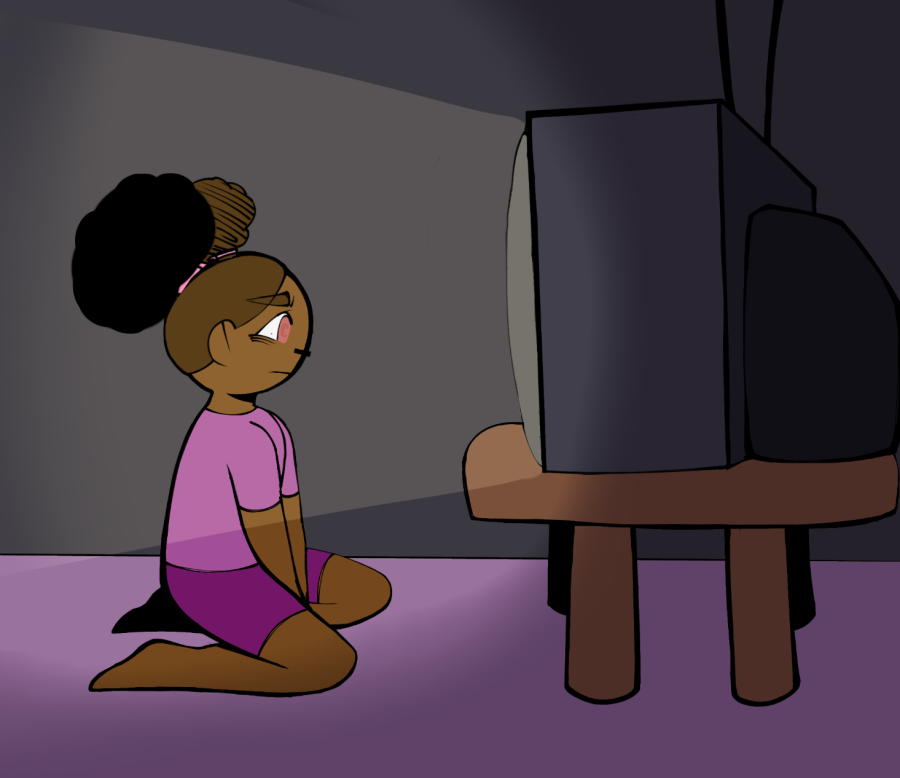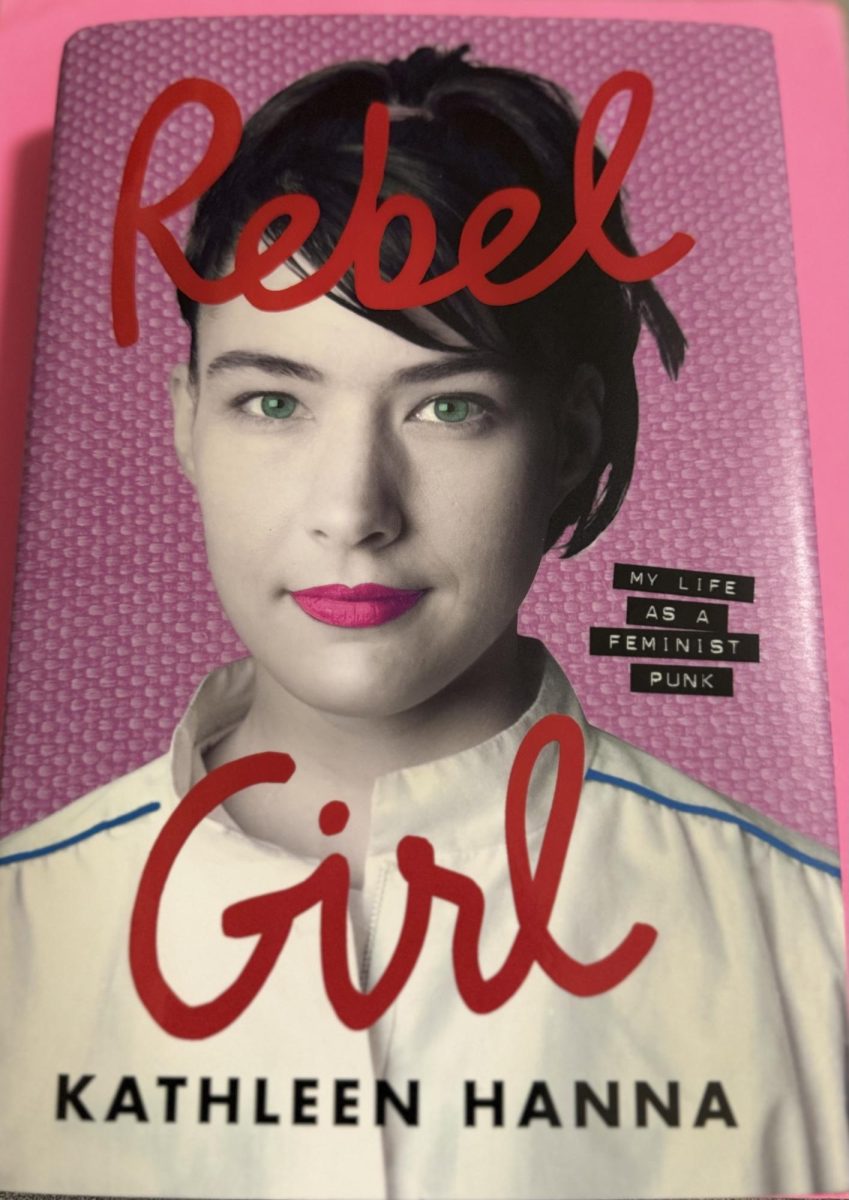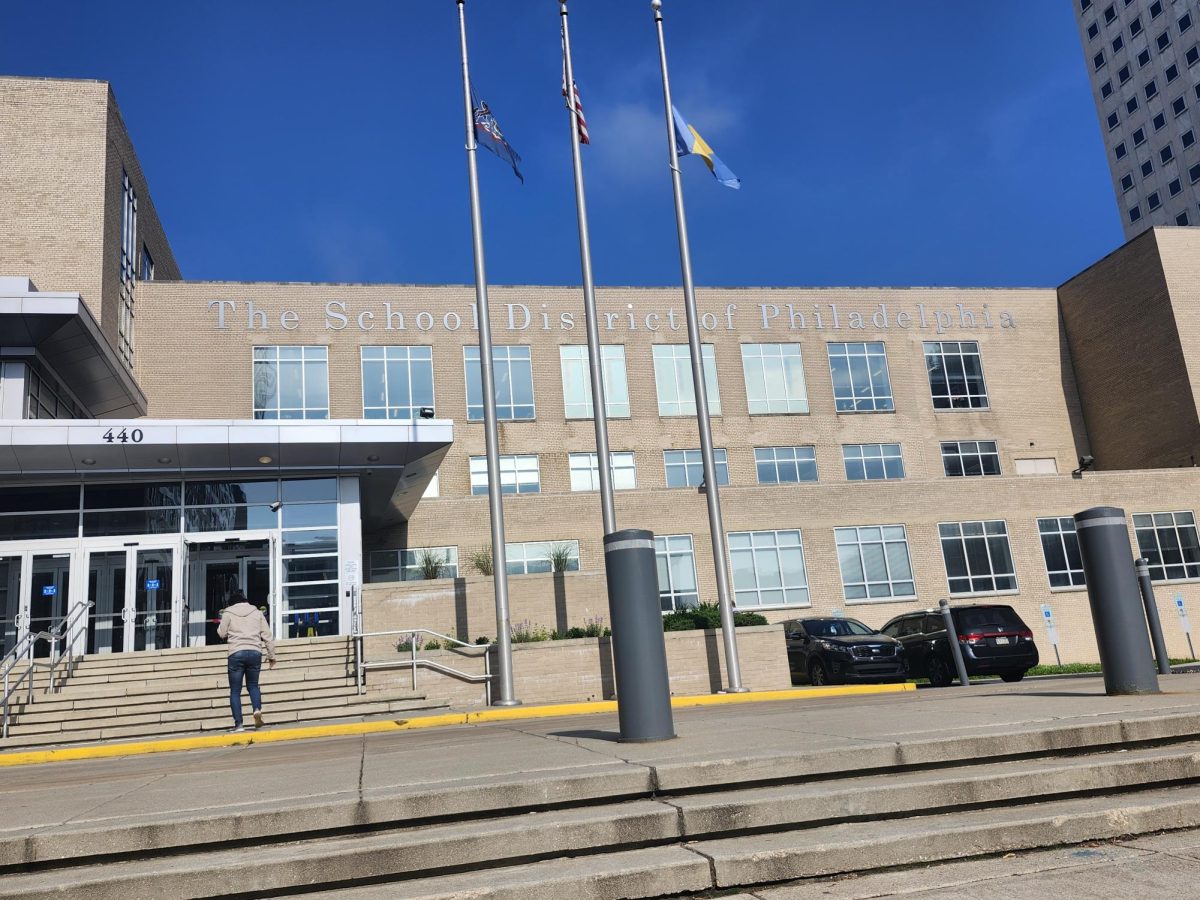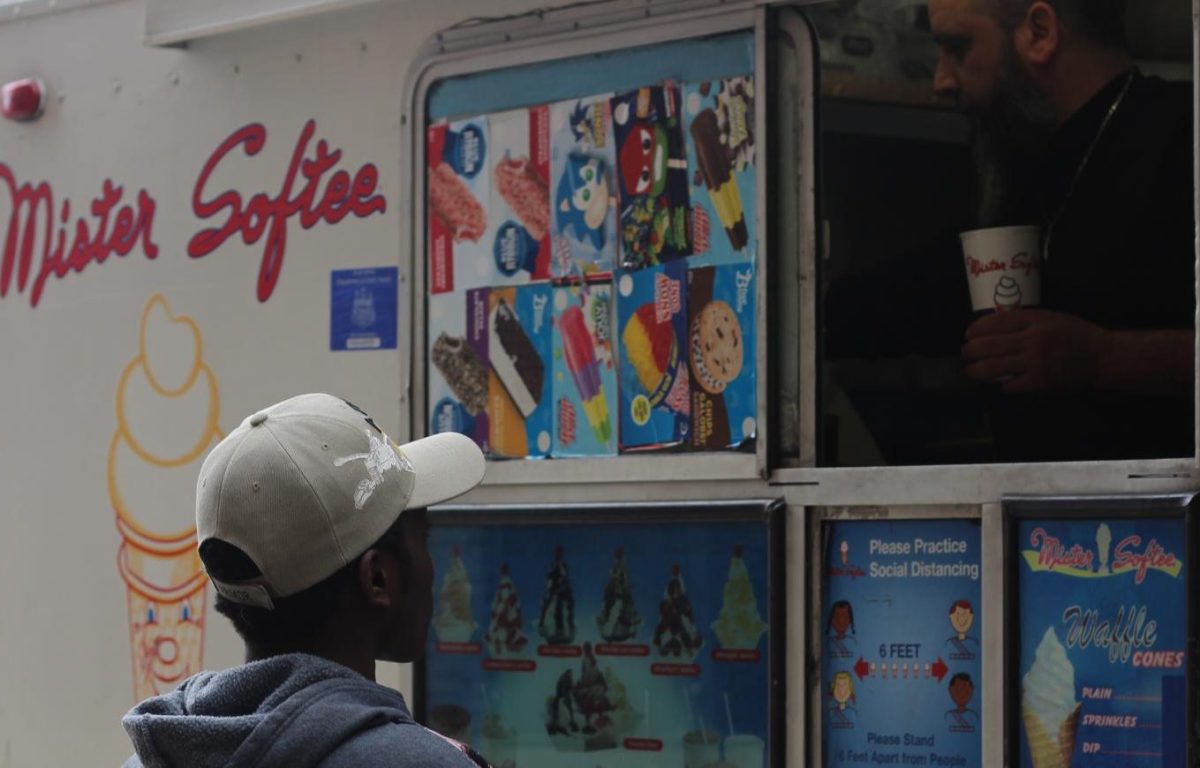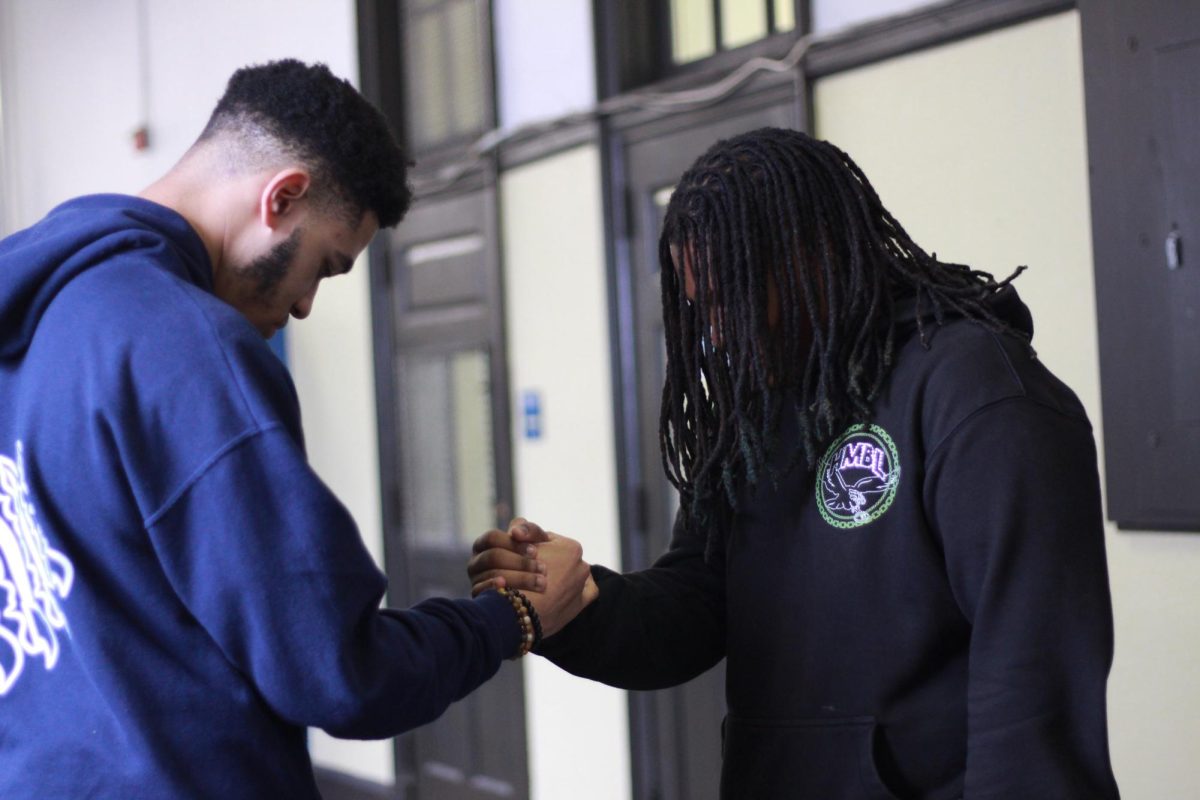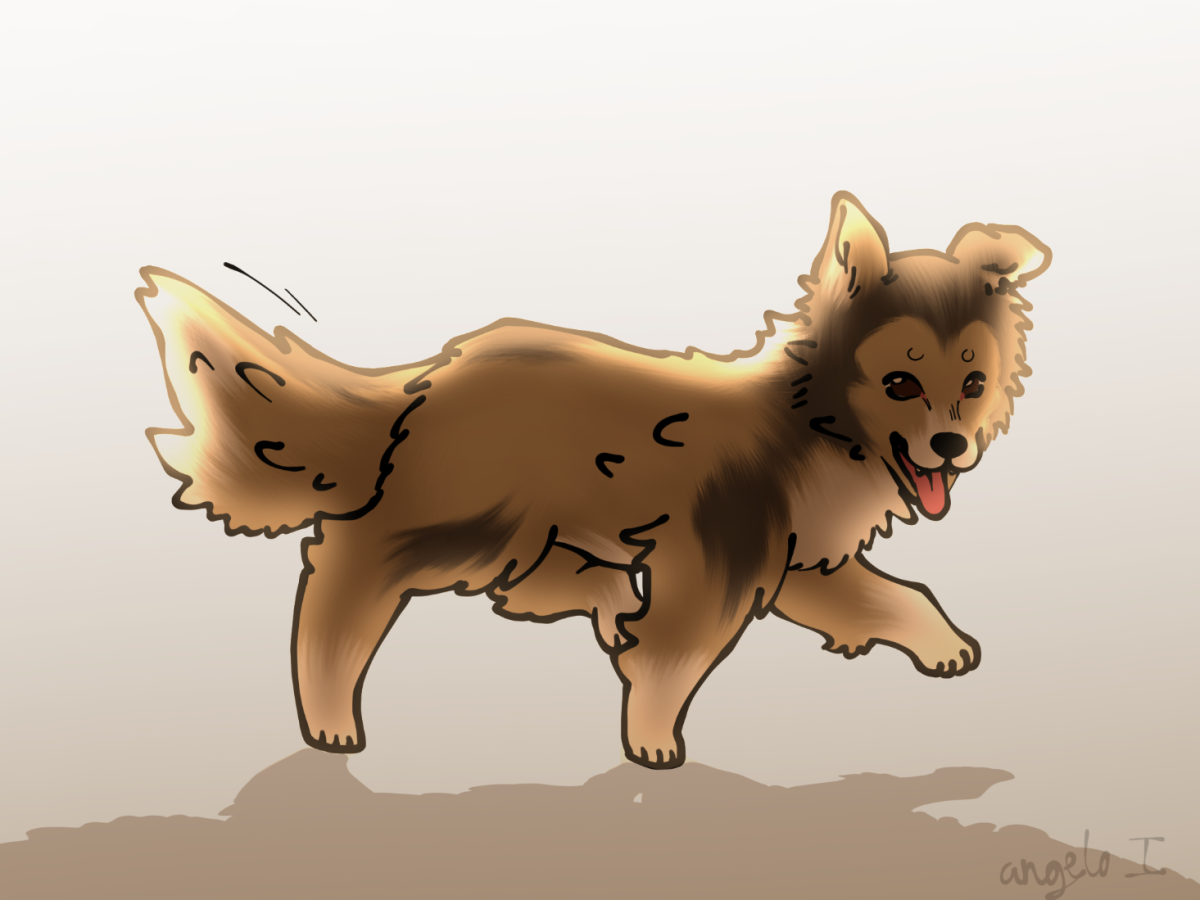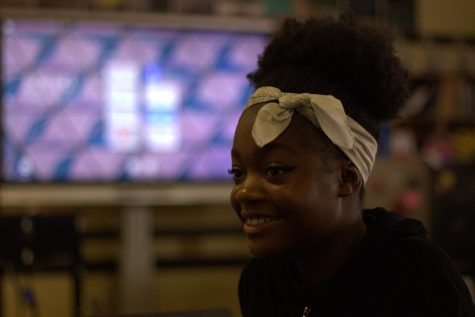“God will judge my heart, man will judge my actions.”
-Tupac Shakur
Imagine this: you’re watching a music video of a rap song from an artist you’ve been a fan of for a while. Maybe it’s their stage presence or their melodic lyrics but your life has been changed the minute you first heard their music. You scroll to the comments expecting to see people complimenting their musicianship but instead, find a tsunami of hate. Comment after comment is bashing the song’s message and aggressive nature. Unfortunately, this scenario is very common in the rap genre. But should rap music be demonized to this extent?
Rap music has held the title of one of the most popular genres in the world. Rappers like Drake reached 75 million collective streams and Nicki Minaj reached 31 billion collective streams on Spotify. In 2020, 23.3% of worldwide music album sales came from Hip Hop/Rap. The BET Hip Hop Awards, one of the largest music awards for rappers, garnered 2.8 million viewers in 2023.
It’s evident that many people love rappers and rap music but it has been demonized heavily as well. I’m sure you all remember the snippet in Kendrick Lamar’s iconic song DNA of a Fox News reporter blaming the problems of the black community on rap music. Ben Shapiro, a U.S., political commentator also said “Fact: rap isn’t music. And if you think it is, you’re stupid.”
But why is rap music hated so much?
One reason could be because of its aggressive nature. Rap songs have been known to be overtly aggressive and violent. Displaying topics such as gang violence and murder that many say are causing children to do the same. Another reason could be because of its sexual/misogynistic nature as well. Many male rap songs display women as objects who can be sexualized and used as status symbols.
These are all big reasons but another one cannot be ignored.
When jazz became a popular genre, it received a mountain of hate because it depicted black people in a way that hadn’t been done before. According to Harriet Aldrich, a journalist from The Bubble newspaper, “…jazz [developed] into an important political outlet for African Americans, reaching as it did across the racial divide. Not only did jazz become a political outlet for black musicians, but for some it also provided incredible upward mobility and a possibility to transcend entrenched class barriers.” From this quote, we can tell that jazz was crucial to the success of the African-American community. So what did dissenters do? Due to the emotions that are expressed in jazz, people called it primitive and evil. Because it’s a mix of European classical songs and traditional African folk, they said that jazz was tainting white music. Same with R&B. When R&B became mainstream, dissenters argued that it was “dangerous to youth.” Do you see a correlation?
A big reason why all of these genres (rap included) are hated is that they have helped break the status quo by bringing many black people out of poverty and helped give black people a voice by expressing struggles in the black community. This fact is so easily overlooked but it is also a crucial aspect of why rap music has been demonized.
It is important to mention that many of the points brought up as to why rap music has been demonized are not results of rap music but are results of oppression that has been reflected by rap music.
Rap music is an escape and outlet for aspects of the black struggle that the black community has been subjected to. When people mention the negative aspects of rap (i.e. violence, aggression, misogynism, etc.) they forget that rap music is a lens through which existing problems have been exposed.
Colbi Edmunds, a columnist from the Free Daily Press expressed this best when he said, “Rap began as an outlet for black people to share and reflect on their various hardships…as the music genre gained popularity, groups began to use the platform to describe their lives. [Rappers] gave raw depictions of violence and drugs in urban areas.”
To put it simply, the problems found in rap music are not due to rap music but are shown through rap music.
Even the Department of Justice had to speak on this topic. They said “…rap, even violent rap, is simply an expression of the oppression under which African-Americans are suffering.”
When put this way, a question that must be posed is “Why are we demonizing rap music and not the oppression that it shows?”
Rap music has also, in many instances, helped the black community.
A great example that comes to mind is when rappers speak up about social issues that garner the public’s attention such as in the case of This is America by Childish Gambino. Another case that’s very popular is that of Latasha Harlins, a 15-year-old black girl who was shot in the back of the head because the store owner thought she stole a bottle of orange juice. Tupac referenced her in many songs but created the song Keep Your Head Up dedicated to her.
In conclusion, hate towards rap music is often unfounded and comes from a place of hate. Instead of hating rap, let’s celebrate the creativity of Black people and support them in their fight against oppression.


